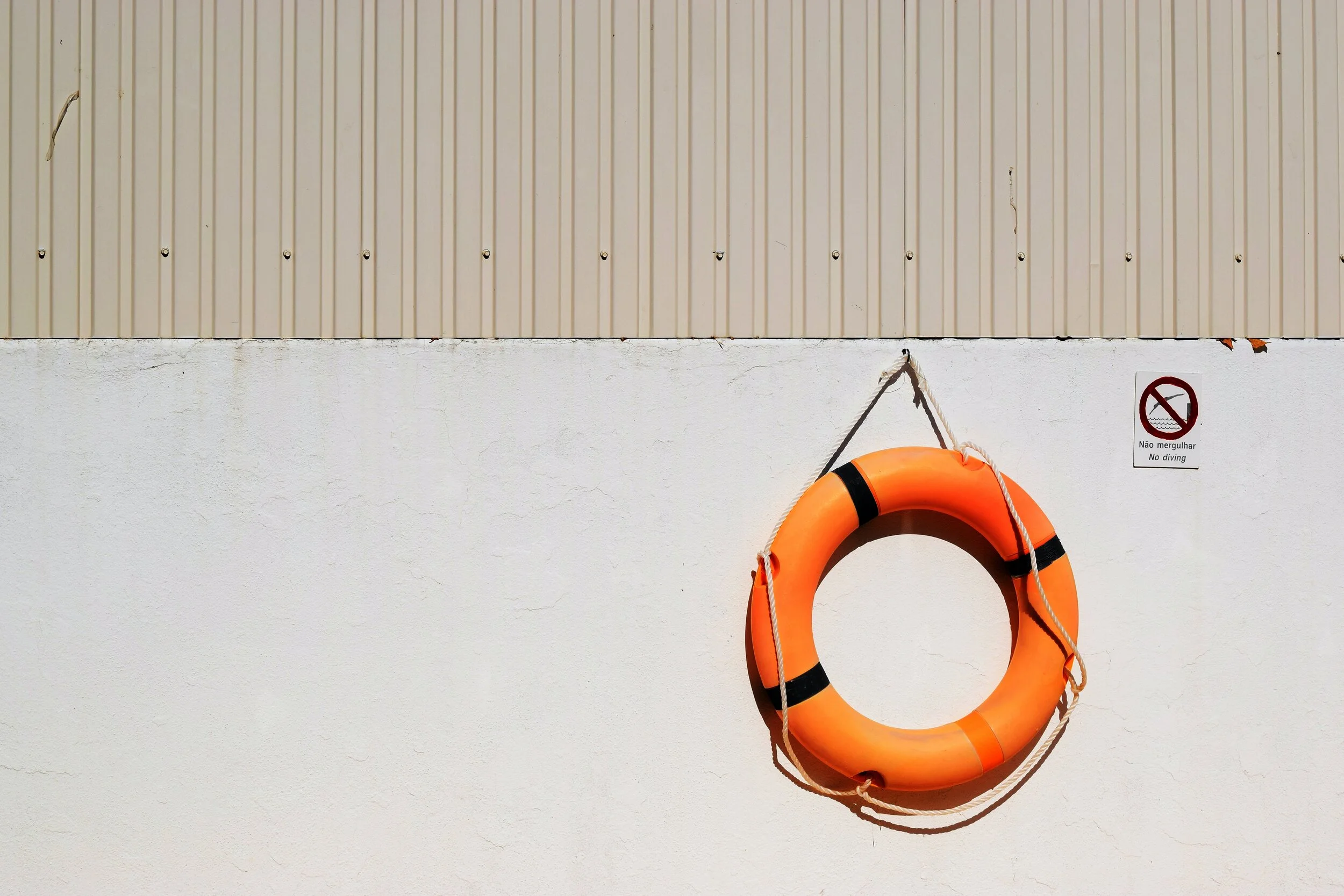Not a lot of people know this about me, but I once took an eight-week class about how to cope with chronic pain. The class was run by a hospital, and everything they taught was based in science. I was attending because I had hit my head, and it had led to a slew of health problems, a lot of which entailed chronic pain. That class ended up not only reducing my pain, but also left me feeling happier and more peaceful in general.
One of the tools I learned in the class was intended to decrease stress, anxiety, and depression, and it was the simplest, most elegant nightly activity that I’d never heard of before. So, I thought I’d share it with you. If you have five minutes to spare each night, you can totally do this in bed on your phone (I know, I know, we’re not supposed to be on our phones before bed, but do what you gotta do), or write it in a notebook if you prefer.
Here’s the exercise. Feel free to write down the answers to these wherever it’s convenient for you, and do your best to do this every night.
Read More


















